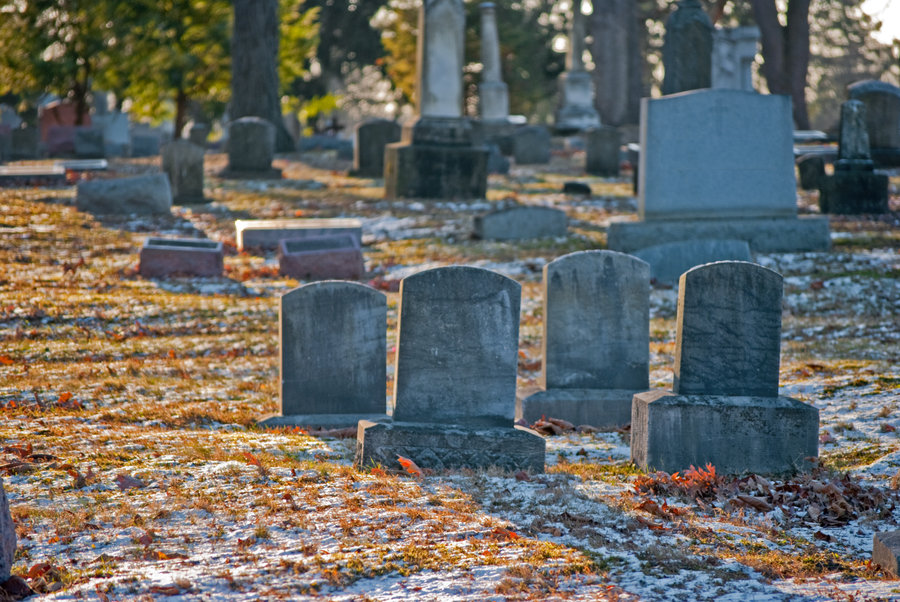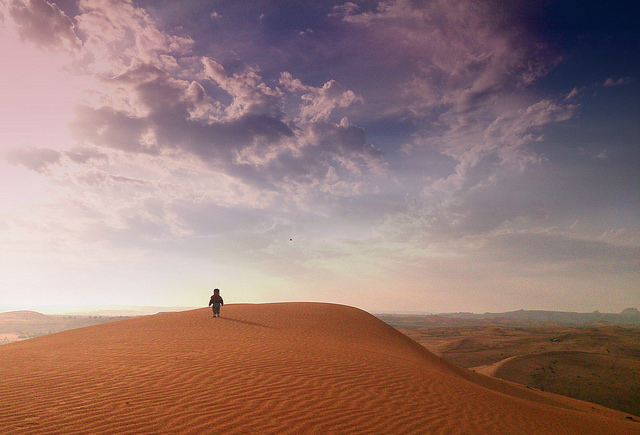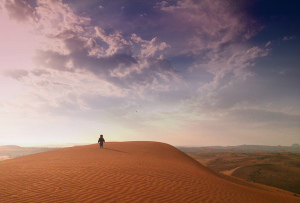**This piece has been resting in my drafts for over 7 months and I’m just now able to share it. I promise I don’t think about death all the time.
After my grandfather died, our family tended to the traditional details surrounding death, one of them being a resting place. A grave. The four brothers, along with 3 wives and a significant other, ventured to Hale cemetery .
Aunt Judy, whose first husband had died many years ago, already had a place. Uncle Charlie found his site near hers, and it was decided the whole gaggle of Wingfields would buy their final real estate in that area. Each person wondered about, some showing preference to high ground or resistance to becoming a future walkway. Each couple found a future home, some “across the street” from the other, with Grandma and Grandpa’s presence as the center of them all – if not physically, than in spirit.
It seems like a mundane, even morbid, task to consider where you want your bones to dissolve. Yet intrinsic in our souls, we consider it.
The patriarch Joseph lived in full awareness of it. Raised in his father’s land but sold into slavery as a young man, he spent most of his years in Egypt as a foreigner, robbed of the connection to his people. He lived by foreign customs, likely even took an Egyptian name as he served the house of the Pharaoh.
Joseph’s wish, one he made his brothers and their children swear to, was to join the family tomb. After he died, he remained embalmed in a coffin until Moses led the nation out of slavery and someone remembered the oath and thought to take Joseph’s bones along for the ride. Eventually he came to rest in a tomb in the land of his father.
Why take such interest in where dead bones lie? Why would the Bible even mention this in the story of the Exodus?
One writer mentions the burial as a final act of maintaining contact with the community, even after death. Our final presence with our loved ones gives some sort of guarantee that we won’t be forgotten, that we will be included and remembered as the local history builds in years.
To be honest, I’ve given thought to this question. While living at a distance from my roots, I’ve wondered where my body would return to the earth. On the one hand, it makes sense to remain close to the community in which you live – where you raise your children, build your friendships, and share your life’s work. Yet something pulls me homeward. How could we consider anything other than finding a spot near JJ’s sister, who already rests? Why would we not be a short drive from other family markers of lives remembered?
Something in my spirit says that in choosing a site in our current county we would be removed from the larger family narrative that comes with joining together in burial.
Which begs the question: If I want to be buried there, why would I not live there? I want to be included in our family’s place on this earth. Shouldn’t I be a part of the living and not just the dying? The life, not only the death?
But Ruth replied, “Don’t urge me to leave you or to turn back from you. Where you go I will go, and where you stay I will stay. Your people will be my people and your God my God. Where you die I will die, and there I will be buried. May the Lord deal with me, be it ever so severely, if even death separates you and me.” (Ruth 1:16-17)


